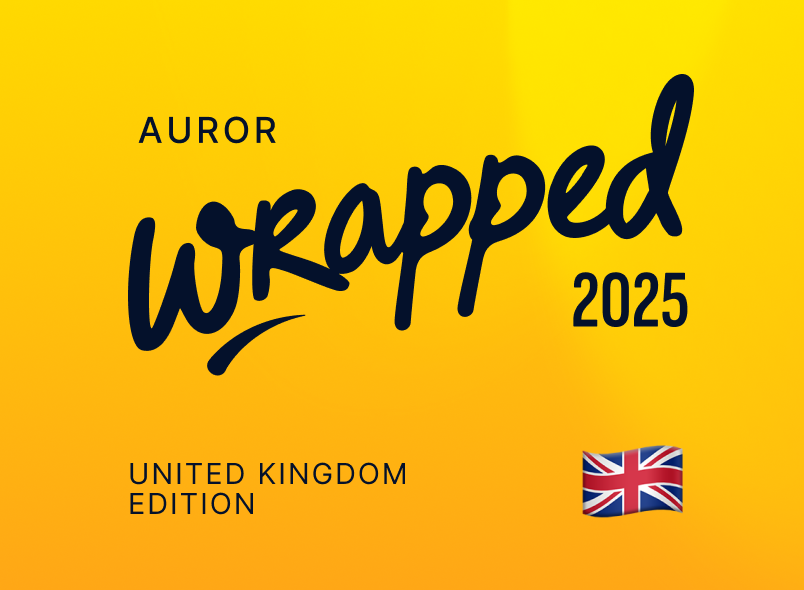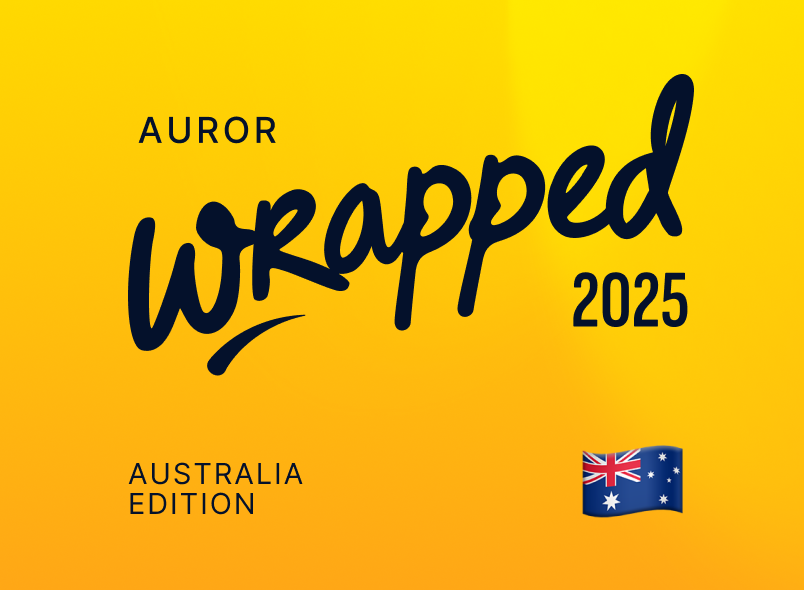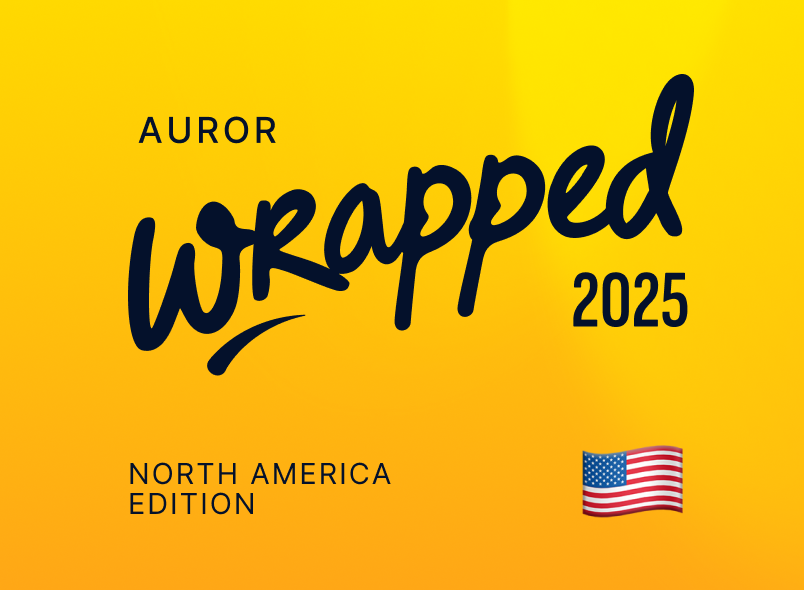The AP/LP industry has traditionally been dominated by men and is still largely male-dominated. In more recent years though, more and more women have been excelling and making a positive impact in the profession.
Auror’s Retail Partnerships Manager Ellen Dick sat down with three of Australia’s leading women in LP to talk about their experiences, the challenges they have navigated, and their top advice for other women in the industry.
Note responses have been edited for clarity.
What was your journey into AP/LP?
Sophie Wong, General Manager Profit Protection & Service, Coles
I’ve worked at Coles for just under eight and a half years, most of that time in state operations. About a year and a half ago I had the opportunity to join our loss team and it’s been really exciting to carve out a new space, bring together a team and set a tone and strategy.
Debbie Perano, Head of Loss, Bunnings
LP was not in my career path plan, rather it was born out of retail operations too. My aspiration for it really came from wanting to be part of a team that makes a real difference, keeping people safe. The people who work in this space are so passionate and that drives me as well. You get a real sense of purpose with what you achieve in LP.
Amelia Adey, Loss Prevention & Compliance Manager, Kookai
I started as the receptionist at Kookai and moved into retail administration. From there, I was approached to see if the risk and systems role at the time was something I wanted to pursue. Coming from a customer service and support background really helped me understand what a real customer looks like and what service they expect.
One of the things we hear from retailers is it can be tough getting buy-in from executives on loss prevention and profit protection initiatives. How do you navigate that challenge?
Debbie: This function has a real purpose and it adds so much value every single day. But it doesn’t stand alone. Everything we do we can clearly articulate the links back to the whole business strategy. And then communicate that constantly. I seek out any opportunity whatsoever to communicate our vision, to share back how the LP function is positively impacting local communities.
Sophie: I’ve always viewed loss as a bit of a dark art. It’s quite complex and I think the role that we play in LP is to help demystify some of that. I think it actually starts with explaining the why and telling the stories behind the stats. Loss is a significant cost on any of our P&Ls and being able to articulate the journey, why the numbers are the way that they are, and what we’re going to do about it is really important.
When we think we've done enough, we go again, and again, and again. And we keep bringing it back to the why, we keep bringing it back to the strategy, and we keep ensuring it gives back in terms of what it’s delivering in commercial benefits and other benefits, too.
Law enforcement, loss prevention, security - they’re all typically male-dominated industries. What have been your personal experiences of that and how have you navigated them?
Amelia: Seven years ago I walked into my first loss prevention conference and it was all older men in suits with law enforcement backgrounds. I really feel that shift now with more female representation, not just at conferences but amongst the people I network with.
I’ve learned so much from some of the ex-law enforcement people, but coming at it from a store support and customer focused direction is really important too - and you do find that more with the women in the industry.
Debbie: I’ve been very fortunate in my career to have had some really strong advocates who have encouraged and mentored me along the way. So when I have been challenged or felt a bit stifled because I’m a female in a male-dominated environment, seeking advice from support networks has been really helpful.
Several years ago, I learned that we've all got that internal critic, but the voice inside the female head is actually louder than our male counterparts. So they may also hear those self-doubts, but they harness that and go with it anyway. So I've really learned to turn that around. It takes practice and again, it’s using our support networks to figure out the best approach and to know that when you go into something, you’re ready to be there and you know what value you’re going to add.
I think it’s a really privileged position to be a female in senior leadership because people are looking to see whether diversity and inclusion in your organization is a real thing, or if it’s just words in the policy. How does the business bring diversity and inclusion to life? Diversity for me is about having a balanced view of experience, of capabilities, and of skills. We make sure we’ve got a really strong people-planning program in place. We constantly review our talent pipeline and we make sure we have a good view of what talent we’ve got so we’re developing a strong bench.
What advice do you have for other women looking to get into the AP/LP space?
Amelia: The main thing for me is that I wish I had been told that just because I don’t have a background in law enforcement or security, or even high-level operations, doesn’t mean my experience isn’t valid or applicable. A lot of things can be transferred into the loss prevention world.
The most valuable thing I ever got from loss prevention is that the community is one where you can share information between businesses - and that it’s really valuable to do so. If one retailer gets a shoplifter, then another retailer is going to get the same shoplifter. So working together is really important.
Sophie: Stay curious. Don’t be afraid to ask questions. Particularly if you're someone new coming into the LP space, or any department for that matter, you have the best position of all because you're looking at things with fresh eyes. And quite often just because we've always done something a certain way doesn't mean that it's the right way or that we should keep doing it.
Debbie: If LP is something you’re passionate about, you can get endless rewards from it. Have a clear development plan, be practical about it, be bold about your aspirations. Identify the network that you’re going to have around you.
Share what your aspirations and your development plan are with your advocates, be open to advice and say yes to opportunities. The difference between a lucky person and unlucky person is the lucky person says yes.
In the skillset that you’re developing for yourself, make sure there’s enough about risk and other technical skills, but also leadership attributes and skills to develop a high-performing team. Plus, skills to be able to communicate really well. You’ll be communicating to some senior execs who love to hear the positive stories about positive customer experience and you are sometimes going to bring some problems to the table, but with solutions.






.png)
.png)